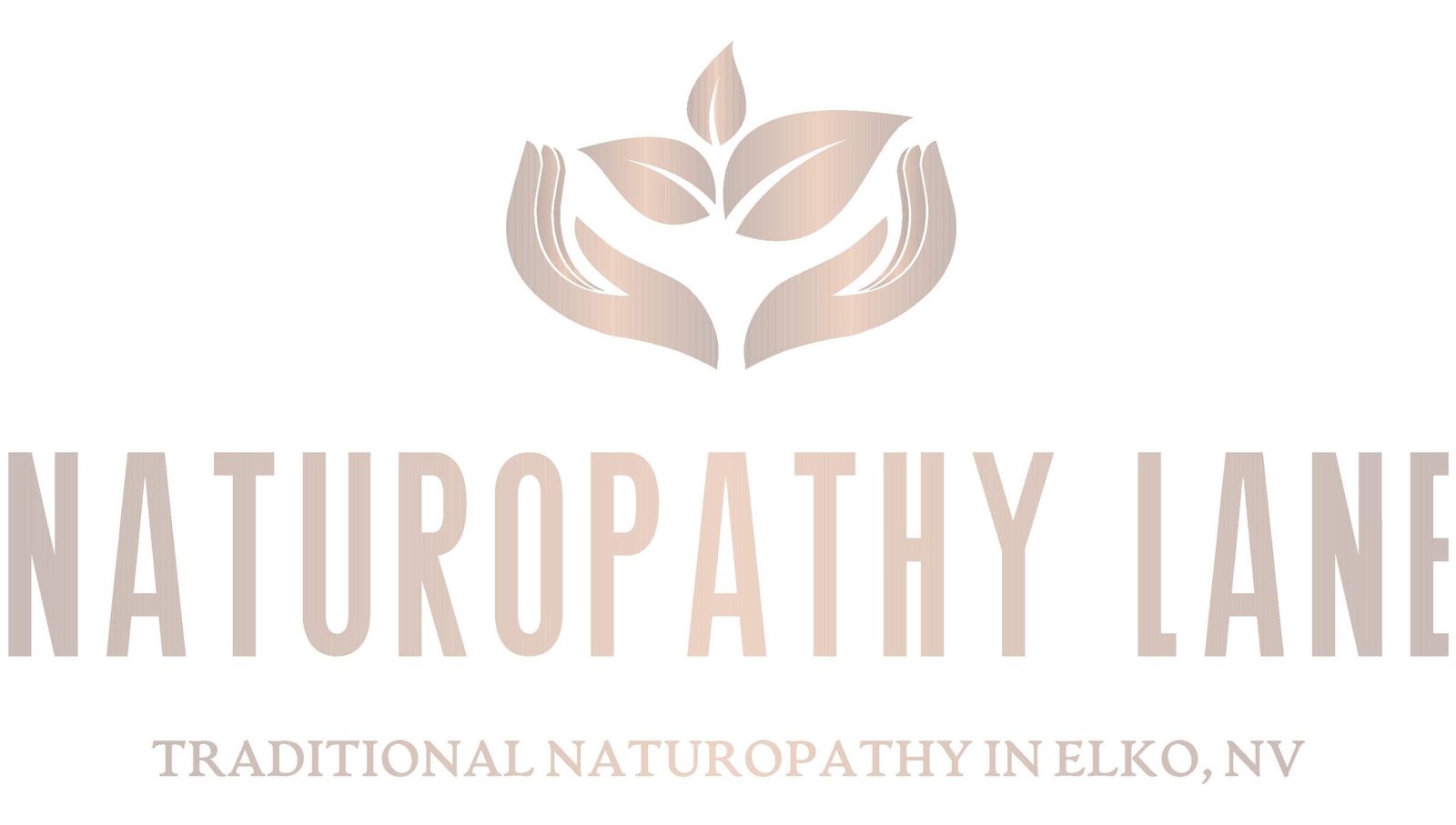When life feels overwhelming, many people turn to a warm cup of tea or a deep breath to settle their nerves. But did you know there’s an herb from the South Pacific that’s been used for centuries to ease stress, calm the mind, and support relaxation? That herb is kava, also known by its botanical name Piper methysticum. Kava is a tropical plant native to islands like Fiji, Vanuatu, and Tonga. Traditionally, the root of the plant is ground and made into a ceremonial drink. Islanders used it not only to relax and connect socially but also as part of their spiritual practices. Today, kava is available in teas, tinctures, and supplements, and it’s best known for its calming, stress-relieving effects.
The secret behind kava’s power lies in a group of compounds called kavalactones. Scientists have identified more than 18 different kavalactones in the root, but about six of them do most of the heavy lifting when it comes to kava’s effects on the body. These compounds are lipophilic, meaning they dissolve in fats and oils, which helps them move easily into the nervous system and interact with brain chemistry.
Here’s where it gets fascinating: kavalactones interact with the brain’s GABA (gamma-amino butyric acid) pathways. GABA is a calming neurotransmitter—it helps slow down nerve signaling, quiet racing thoughts, and reduce feelings of tension. By enhancing GABA’s natural effects, kava essentially turns down the “volume” of stress in the nervous system.
In addition to GABA, kavalactones appear to affect dopamine and serotonin pathways. These are the “feel-good” brain chemicals that play a role in mood, motivation, and emotional balance. The result is a sense of relaxation without feeling sedated—many people describe it as a calm alertness.
Some studies also suggest kava may act as a mild muscle relaxant, which explains why it helps release physical tension along with mental stress.
What People Use Kava For
-
Reducing stress and anxiety
-
Supporting better sleep
-
Easing muscle tension
-
Promoting a calm, clear state of mind
Unlike alcohol or some medications, kava tends not to dull mental clarity, which makes it unique as a relaxation aid. In a recent article in The Journal of Applied Naturopathic Medicine, Kava can be used with other herbs can be used for ADD and PTSD in children.
While kava is natural, it’s not for everyone. Some reports link heavy or poor-quality kava products to liver stress, so quality matters. It’s important to choose kava from reputable sources and talk with a qualified health practitioner before starting, especially if you have liver conditions or take medications.
Kava (Piper methysticum) is more than just an island tradition—it’s a fascinating herb backed by both history and science. With its kavalactones working through calming brain pathways, kava can be a natural ally for managing stress, supporting better sleep, and restoring balance in a busy world.
Curious about using herbs like kava for stress or overall wellness? At Naturopathy Lane, we take a personalized approach to natural health—helping you find safe, effective solutions that fit your life.
Book an appointment today at naturopathylane.com

